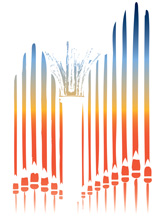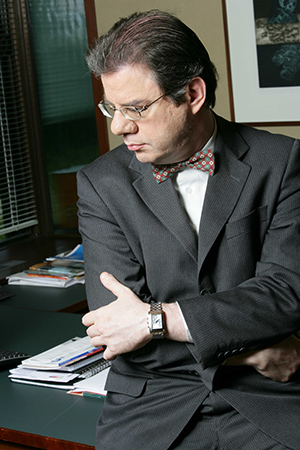|
Tuesday 21 October, 18.00, p.m. Rui Vieira Nery, lecture From “tremendous sound” to “bouncing minuets”: the Portuguese liturgical organ as seen by foreign travellers. Throughout the final decades of the absolute monarchy in Portugal and up to the definitive establishment of the liberal regime, in 1834, innumerable travellers left, in their diaries, letters and memoirs, descriptions, sometimes of great richness, of the music of the liturgy celebrated in the churches and convents of Portugal and colonial Brazil. These include frequent references to the role of the organ in these services, rarely with detailed technical description of the specifications of the instruments, but often with very revealing reflections on their aesthetic and symbolic function in the liturgical context, their characteristic colorful sound, their varied repertoire and the standards, more or less impressive, of the performers. It is a look from without that assists us in understanding the specific nature of the organ repertoire of Luso-Brazilian sacred music of the old Regime. Rui Vieira Nery |
Participants
|
Rui Vieira Nery was born in Lisbon in 1957 and began his studies at the Music Academy of St Cecilia, and continued at the National Conservatory in Lisbon. He graduated in history from the Faculty of Letters of Lisbon (1980) and received his doctorate in musicology from the University of Texas at Austin (1990), the recipient of a Fulbright scholarship and a grant from the Gulbenkian Foundation, where he studied with Robert Snow, Gérard Béhague, Douglass Green, Michael Tusa and Elliot Antokoletz. As a teacher in the Department of Musicology of the Universidade Nova of Lisbon, he supervised a vast number of masters and doctorates in Portuguese, Spanish and French universities. He was Assistant Director of the Music Department of the Gulbenkian Foundation (1992-2008) and is Director of the Gulbenkian Education for Culture Programme (since 2008). He is a researcher at the Institute of Ethnomusicology-Centre of Studies for Music and Dance (INET-MD). As a musicologist, he is the author a various studies on the history of Portuguese music, as well as a large number of scientific articles published in specialist journals and collective works, and is very active as a lecturer. His areas of research include the question of mannerism and the baroque in Iberian music and the processes of cultural interpenetration in Portuguese music, from the vilancico to the modinha and fado. He has been musical consultant for the National Commission for the Commemoration of the Portuguese Discoveries, for the Régie Cooperativa Sinfonia and the Serralves Foundation, between 2005 and 2007 he was Secretary of State for Culture of the 13th Provisional Government. He is currently a member of the National Commission for the Commemorations of the Centenary of the Republic and of the National Council for Culture. In 2004 he was awarded the Order of the Infante D. Henrique by the President of the Republic for services to the study of Portuguese culture. He is a Corresponding Member of the Portuguese Academy of History. |

 Rui Vieira Nery
Rui Vieira Nery